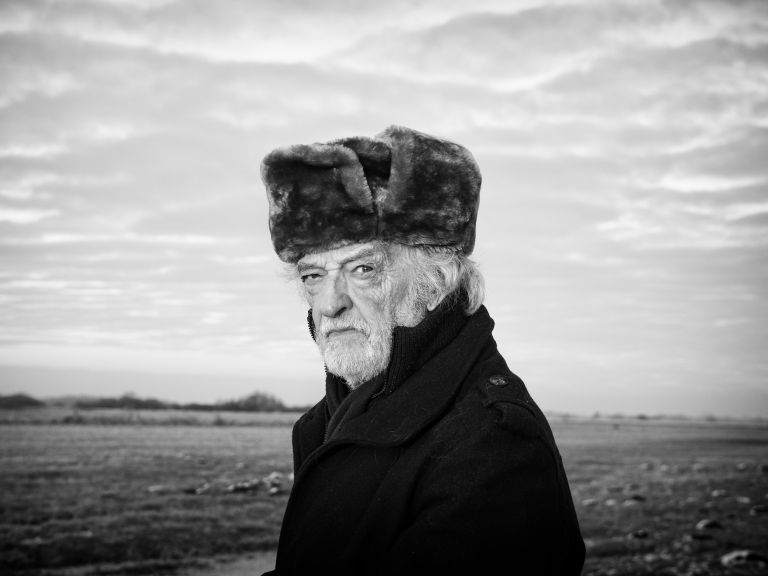Project Detail: Portrait of an Artist as an Old Man
Contest:
Reportage and Documentary 2019
Brand:
LuganoPhotoDays
Author:
Mirja Maria Thiel
Status:
Selected
Project Info
Portrait of an Artist as an Old Man
Once a leading creative figure in his home village Worpswede, an artist’ community in Northern Germany, 81-year-old German photographer Fritz Dressler has lost his place in society due to his coping with Alzheimer’s disease for the last few years. Yet he is still aware of his outstanding life and career as an artist and university professor — a knowledge that preserves his identity and presence thus far: „I’m not dead, I’m walking!“ This personal long-term documentary captures Fritz’ life in Worpswede: his emotional ups and downs, and the highly complex process of slowly losing one’s identity due to dementia. During my time with Fritz, he has found immense pleasure and pride in himself by falling back on taking pictures himself. Something he did forget before, and something that will be forgotten soon again. But until then, it has a meaning-giving quality, offering reassurence for his already fragile sense of self.
In autumn 2016, I met German photographer Fritz Dressler ⎯ who besides his photographic career had been professor for design, photography and „moving images“ at the University of the Arts Bremen ⎯ on the occasion of a photofestival that took place in his home village Worpswede. This place situated in Northern Germany amid the broad lowlands of the Hamme river and the magical Devil’s Moor has been an inspiration to artists from the end of the 19th century until now. The external visual perception of modern Worpswede has been essentially defind by Fritz’s photobooks as he himself is deeply inspired by the place. I had enrolled in a reportage-workshop given by his son Hauke, a photographer as well. He proposed to me to photograph his own father as my workshop’s topic. That is how this project came into life. While I have been looking at a lot of dementia stories I could not help getting the impression that most of them concentrate on the caretakers’ feelings as I did myself in former dementia projects. But the deeper I got involved into Fritz’s life and his emotional ups and downs the more I have felt the need to capture how he himself feels about the break down of his creative energy and the rapid disappearance of his intellectual abilities. Since his wife died three years ago, Fritz lives by his own in his house and somehow fights for his self-determination with undiminished hunger for life. The pictures Fritz took, the stories related to them, and the souvenirs he brought back from all over the world release memories and feelings very much alive. So his house has invaluable meaning in preserving his identity as does his home village and — photography.


















